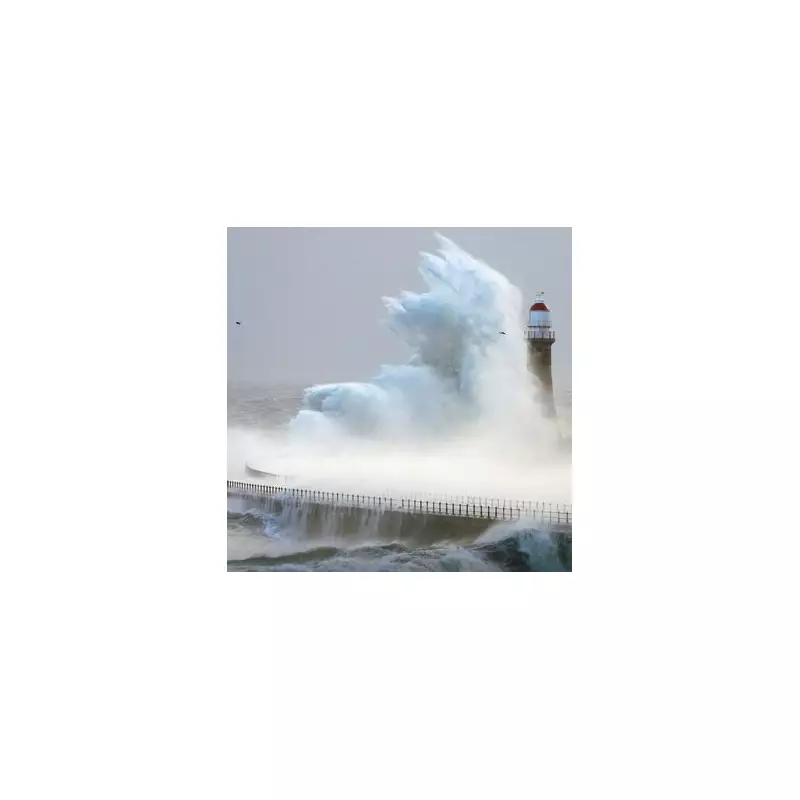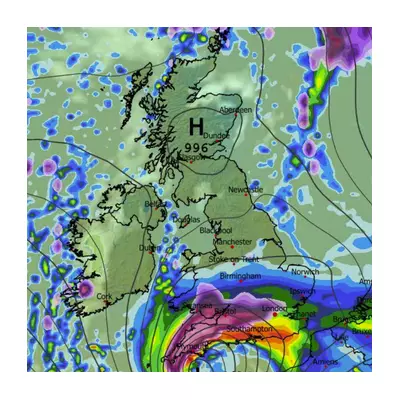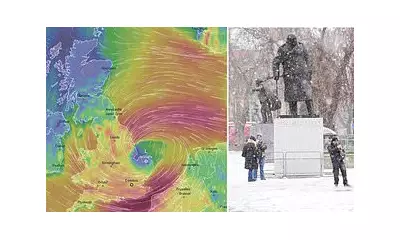
The Met Office has activated urgent weather warnings as parts of the UK brace for a severe battering from winds exceeding 75mph. A yellow alert is now in force, signalling potential disruption and danger.
When and Where the Storm Will Strike
The official yellow weather warning for wind covers northern Scotland and the Hebrides. It commenced on Thursday afternoon and is scheduled to remain active until late Friday afternoon.
Forecasters warn that very strong southwesterly winds will develop during Thursday evening, persisting overnight. While these winds will ease from the west on Friday morning, gusts are predicted to reach 60-70 mph widely, with potential for gusts in excess of 75 mph in some locations. The unsettled, blustery conditions are also expected to bring rain across the north, with similar weather developing in the south over the weekend.
Five Key Steps for Staying Safe
In response to the dangerous conditions, the Met Office has issued vital advice for the public.
1. Secure Your Property
Your first priority should be to check the exterior of your home for any loose items that could be turned into hazardous projectiles. The Met Office specifically advises securing or moving indoors: bins, plant pots, garden furniture, trampolines, and ensuring sheds are properly fastened.
2. Prepare for Travel Disruption
If you must drive, plan your route carefully and check ahead for any road closures or delays. Ensure your vehicle is stocked with essentials in case you become stranded. A recommended kit includes: warm clothing, food, drink, a blanket, a torch, and a fully charged mobile phone with an in-car charger or battery pack.
3. Drive with Extreme Caution
Driving in these conditions is highly dangerous. To manage the risk, you should: drive slowly to minimise the impact of gusts, be particularly aware of high-sided vehicles on exposed roads, avoid overtaking them if possible, hold the steering wheel firmly, and give extra space to cyclists, motorcyclists, lorries, and buses.
4. Coastal and Cliff Safety
Those near the coast should be especially vigilant. Check the latest forecasts and tides, and beware of large waves that can sweep people off their feet from the shore. The Met Office also urges people to take care when walking near cliffs and to always keep dogs on a lead. In any coastal emergency, call 999 and ask for the Coastguard.
5. The Best Advice: Stay Indoors
The simplest and most effective way to stay safe is to remain indoors as much as possible. If you do need to go outside, avoid walking or sheltering close to buildings and trees, which could shed debris or have branches fall.





